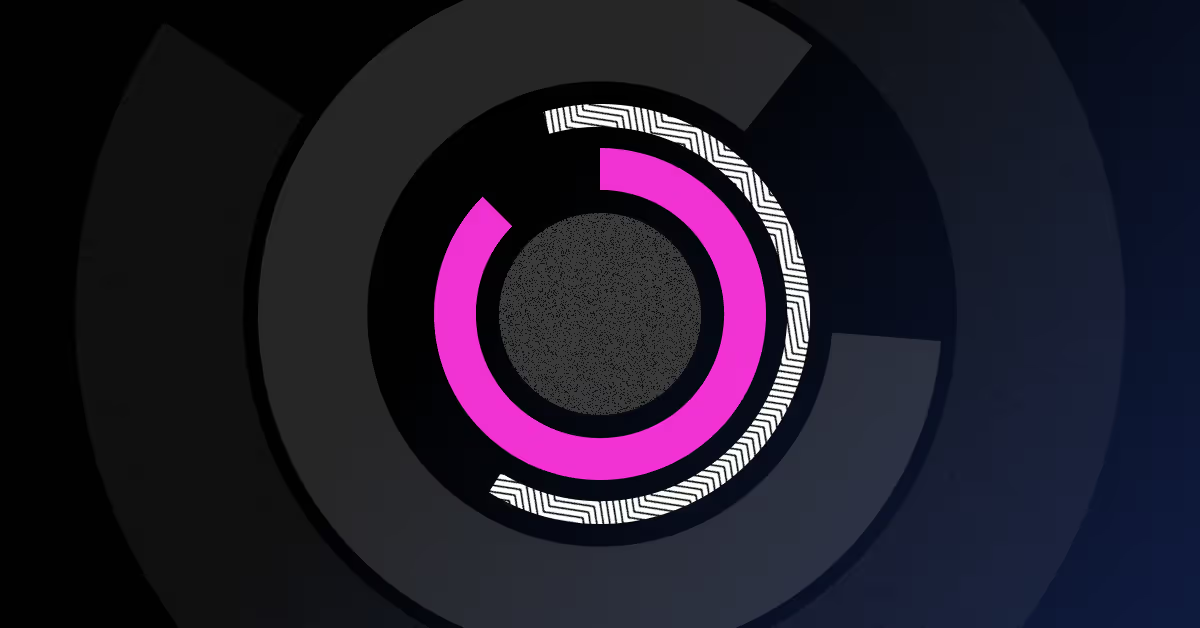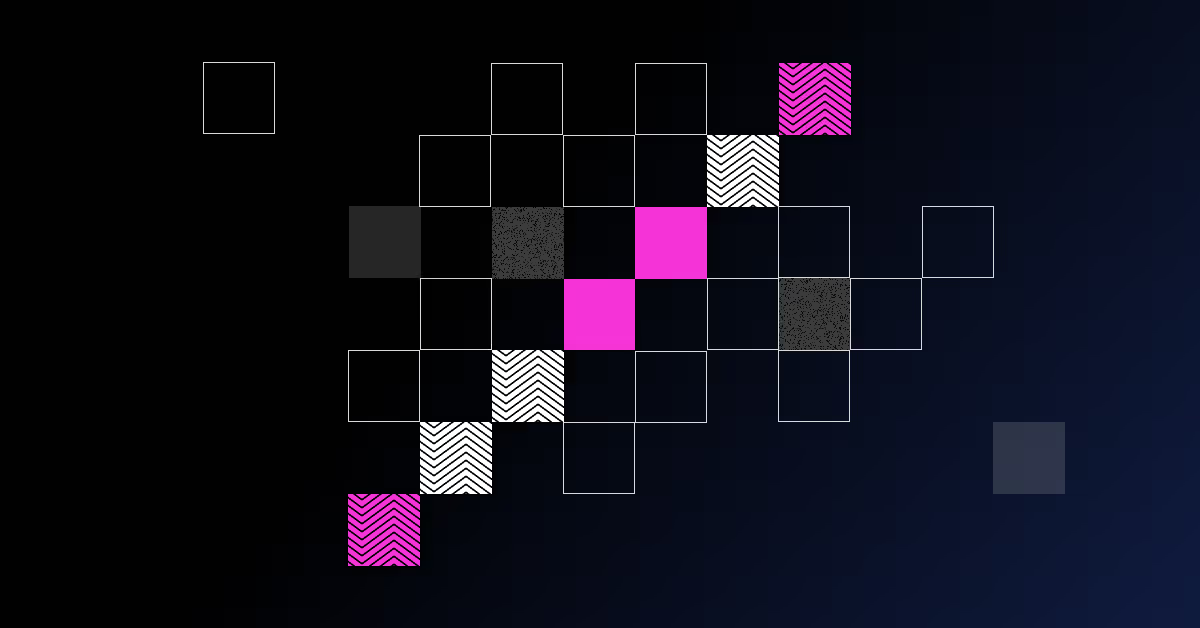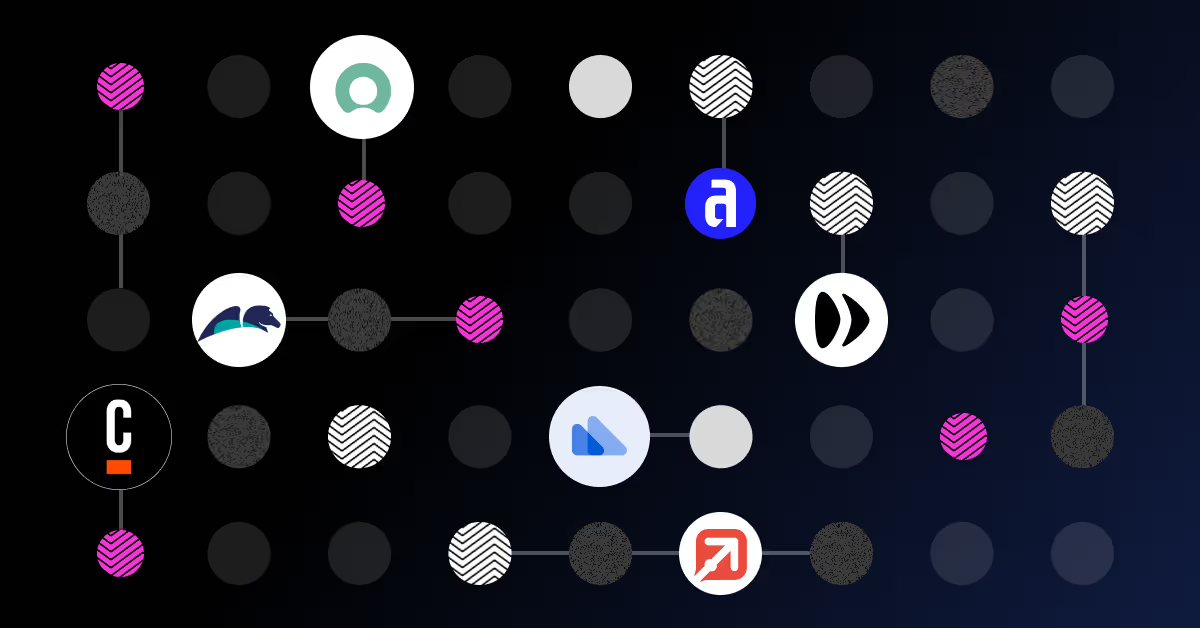ISG Smart Talks Interview - Understanding Service Orchestration

Enate manages humans and digital workers in one place for simplified end-to-end processes. Talking in an interview with ISG this month, Enate CEO, Kit Cox, explains how Enate evolved in to the industry's leading independent service orchestration platform.
Before 2014, Enate sold bespoke software to business process outsourcing (BPO) providers. "In 2014, we had our 'oh crap' moment," says Kit. "When I first saw Blue Prism."
"My take on all of that was, 'Wow, this is going to eviscerate the BPO industry'. Therefore, having a product to sell to BPO vendors wasn't all that smart.
"We stood right back and thought, 'What are we going to do next, then?'".
"The thought process was, right now, we see our customers having enough problems delivering services and managing services with an entirely human workforce. What are all the other problems they might get when they start bringing bots into that environment? [...] That’s what we built the platform to solve for."
"Ultimately, you still have a problem that you have a bunch of resources – some of which are carbon-based and, now, some of which are silicon-based. You have a workforce and a bunch of demand to deliver against and have to solve getting the right resource to the right work at the right time to deliver the best service a customer can get."
Keep it simple
Enate pivoted to launch a new product (rather than a service) in 2017.
"The biggest thing we realised as part of that pivot was that we needed to make things blooming simple for people to work with," adds Kit.
"What started as a marketing tagline of 'simplified service automation' has become almost a religion. Simple has become what we do. How the product works, how we talk to people, how we price. That culture has pervaded into the whole business," says Kit.
Kit believes that ethos is most poignantly reflected in how Enate deals with work: Enate doesn't get into the 'how' of things.
"An essence of the BPM world, is about how does this process work? What are the all the rules? What is the dataset to manage? That's not where we need to be. Most businesses don't care about that," says Kit.
"You want to leave it to some real intelligence – a person – to make the calls about what’s done next to deliver the service to the customer. [...]The handoff between the human and digital worker, and the control of the activity across the customer journey, that’s what we take hold of," says Kit.
What about the humans?
The role of the human in the future of work will inevitably change. Recognising 'real intelligence' is something that will take businesses time.
"Organisations are still in the weeds of getting through the next quarter or cycle," adds Kit. "That kind of learning and transformative change you can only plan for over numbers of years.
"The challenge is how do we help change the education system. I find it an increasing source of frustrating that we’re teaching kids to be professionals in the 1990s, not citizens of the future of work that’s going to be so radically different.
"We’re focused on cramming information in people’s heads. And that is the bit that will be most hollowed out. We should be educating people in the liberal arts, drama, arts and tinkering just as much as maths."
Listen to the interview in full:
Service Orchestration – What is it and why is it important? Listen to the full podcast.




